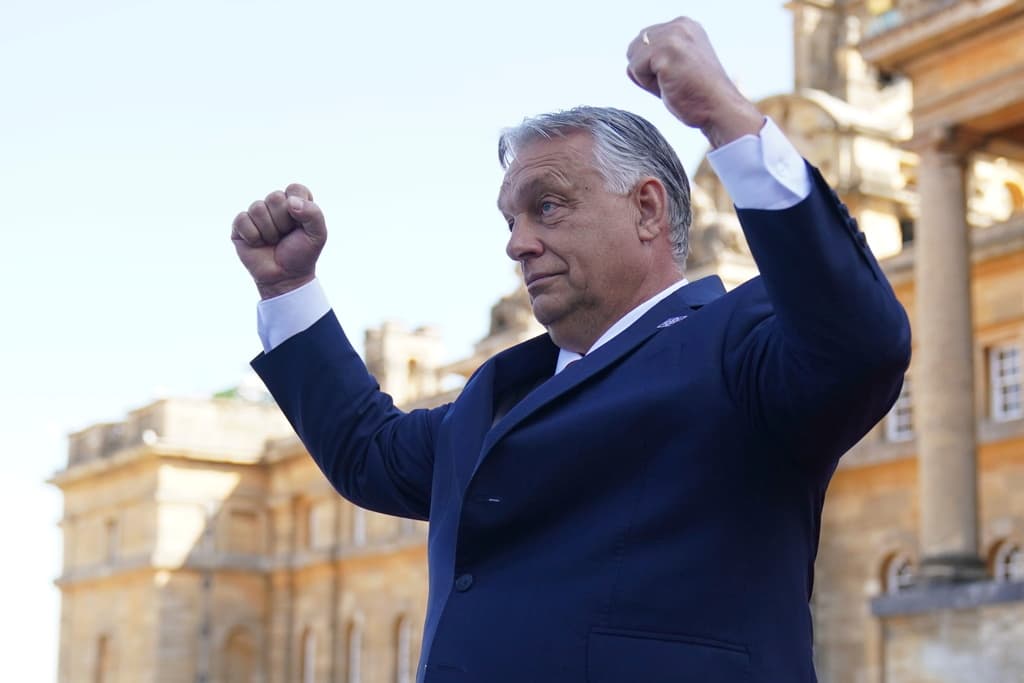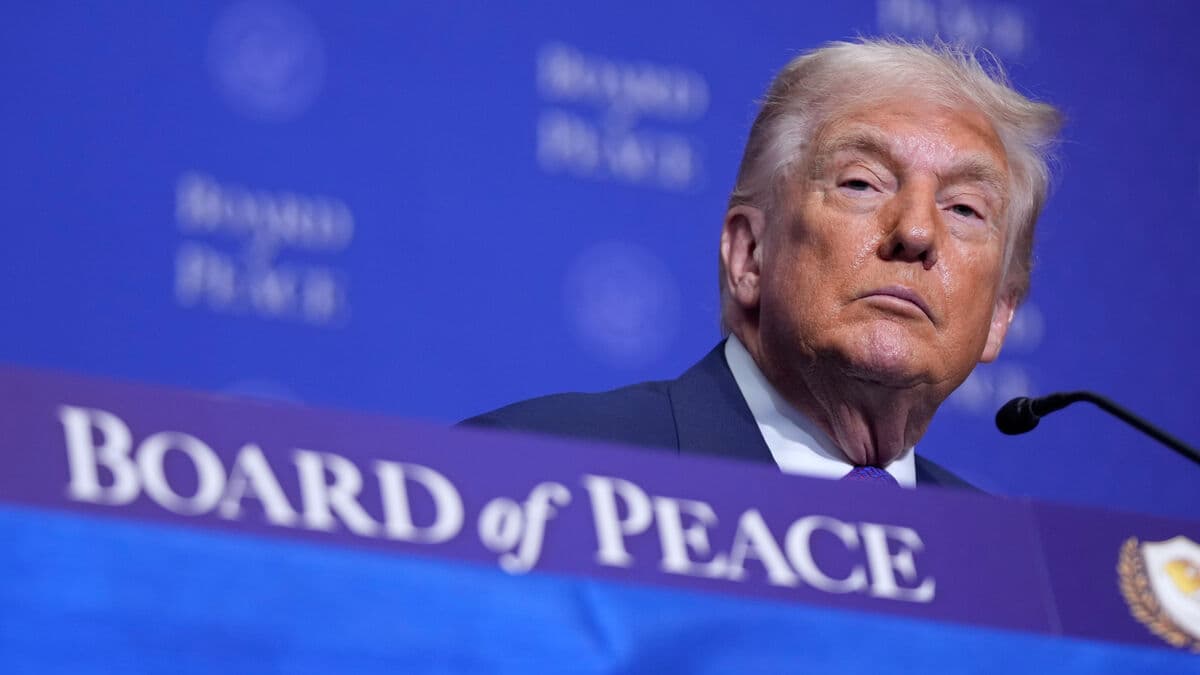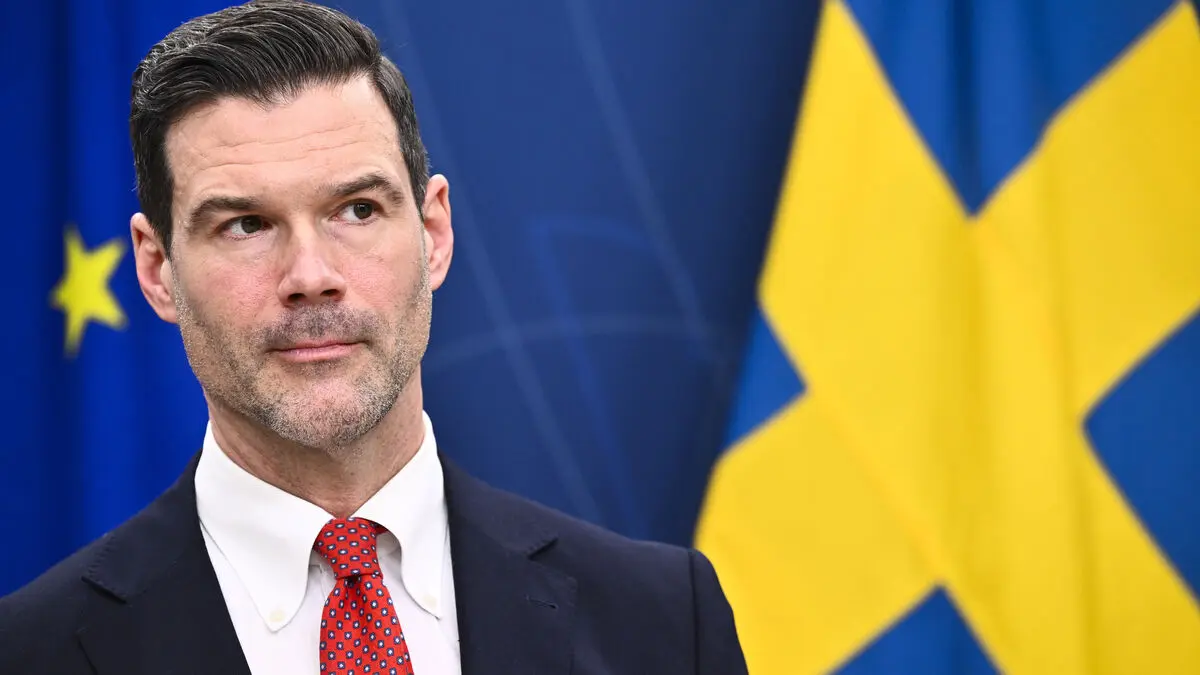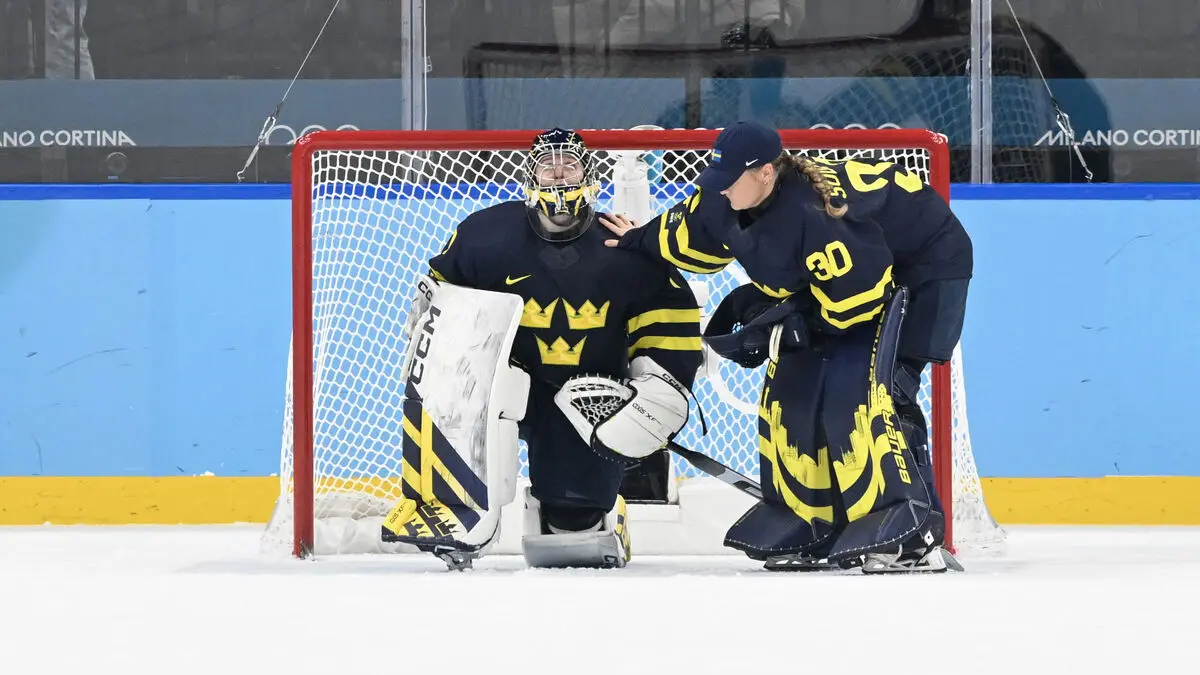The sun beats down on the guards at the prime minister's and president's palace in central Budapest.
But when TT and a group of other Brussels correspondents dropped by, Viktor Orbán was not present.
He had instead traveled to Moscow on his notorious "peace trip" to meet with Russian President Vladimir Putin.
Thus, he quickly and effectively made himself unpopular among both EU countries and a large part of the EU Parliament – including many parties far to the right.
I think Hungary has acted in a provocative and disrespectful manner towards other member states, says Charlie Weimers (SD) during the EU Parliament's first session week in Strasbourg.
Growing group
But Orbán is not giving up. Rather, he thinks that time is on his side and that of his like-minded politicians.
The new party group he has just started in the EU Parliament – Patriots for Europe (PFE) – has quickly incorporated a number of nationalist parties and become the third largest after the conservatives and social democrats.
And even more is to come, also in the EU Council of Ministers.
It will soon become the second largest and then we'll see. There are several elections on the way where I believe we can make a breakthrough, says the prime minister in Hungarian radio.
He is primarily referring to neighboring Austria, where the PFE party FPÖ has long been the largest in opinion polls, with hopes of making party leader Herbert Kickl the federal chancellor in the fall.
Less power to the EU
In Hungary, the government has for several years portrayed the EU – or rather, heavy EU representatives in Brussels – as their political opponents. The tone has become increasingly harsh: in this year's EU election campaign, it was persistently claimed that other EU countries want to send EU youth, both women and men, to the front lines in Ukraine.
At the same time, Orbán and his government claim not to be against the EU. But they want to do it differently – primarily by significantly reducing the influence of the EU Commission and the EU Parliament.
My European alternative is a structure where the political initiatives are taken by representatives of the member states, explains EU Minister Janos Boka.
The rhetoric has worked well on Hungarian voters. By not threatening to leave the EU, the government does not scare those who want to continue traveling and trading without borders. And even outside Hungary, it is popular among many to want to reduce the power of Brussels.
Bitter minister
Asylum and migration are another main theme in Hungary. Here too, the Hungarian government believes it has growing support for its views among voters across the EU. And they would like to have more support from the EU centrally as well.
Deputy Interior Minister Bence Rétvári is bitter as he shows a dramatically toned film where migrants throw stones and sticks at Hungarian police.
Anything can happen at our southern border, says Rétvári.
He is sharply critical of the EU Court's ruling that Hungary must pay heavy fines for refusing to implement common rules on asylum applications.
We protect other countries in Europe. All countries (that do so) should be morally protected and thanked instead of being taken to court, says Rétvári.
Largest by the turn of the year?
Hungary's government has been criticized from abroad in recent years for corruption and nepotism, increasingly difficult conditions for independent media, reduced independence for the judiciary, and a more than skeptical view of LGBTQ issues. Orbán's actions so far during his presidency have further strengthened the discontent. More and more people have started talking about the EU needing to introduce a way to expel member states – not just admit new ones.
It is not a human right to be in the EU. It is a privilege, says EU Parliament member Emma Wiesner (C).
A mechanism for exclusion will, however, take time to drive through. And before that happens, Viktor Orbán expects to have become even stronger.
Already soon.
I cannot say that I promise – for one should only promise what one can fulfill – but my guess, or my plan, is that by the turn of the year, the patriots in the Western world, in Europe and in the USA, will be in the majority, says Orbán in Hungarian radio.
Advertisement
Viktor Orbán (born 1963) is Hungary's prime minister and party leader for Fidesz, which was created as a liberal youth movement in 1988 but has become increasingly conservative over the years.
The political breakthrough came in 1998 when Orbán became prime minister for a coalition government. From 2002, eight years in opposition followed, but with growing support – not least since the then left-wing government in a notorious internal party conflict in 2006 acknowledged how they had lied to voters.
Since the spring of 2010, Orbán has been prime minister again, with Fidesz as the country's largest party by far. During the second half of 2024, Hungary will be the chair of the EU Council of Ministers, for the second time since EU accession in 2004.
Orbán has been married to Anikó (born Lévai) since 1986 and has daughters Ráhel, Sára, Róza, and Flóra, as well as son Gáspár.






